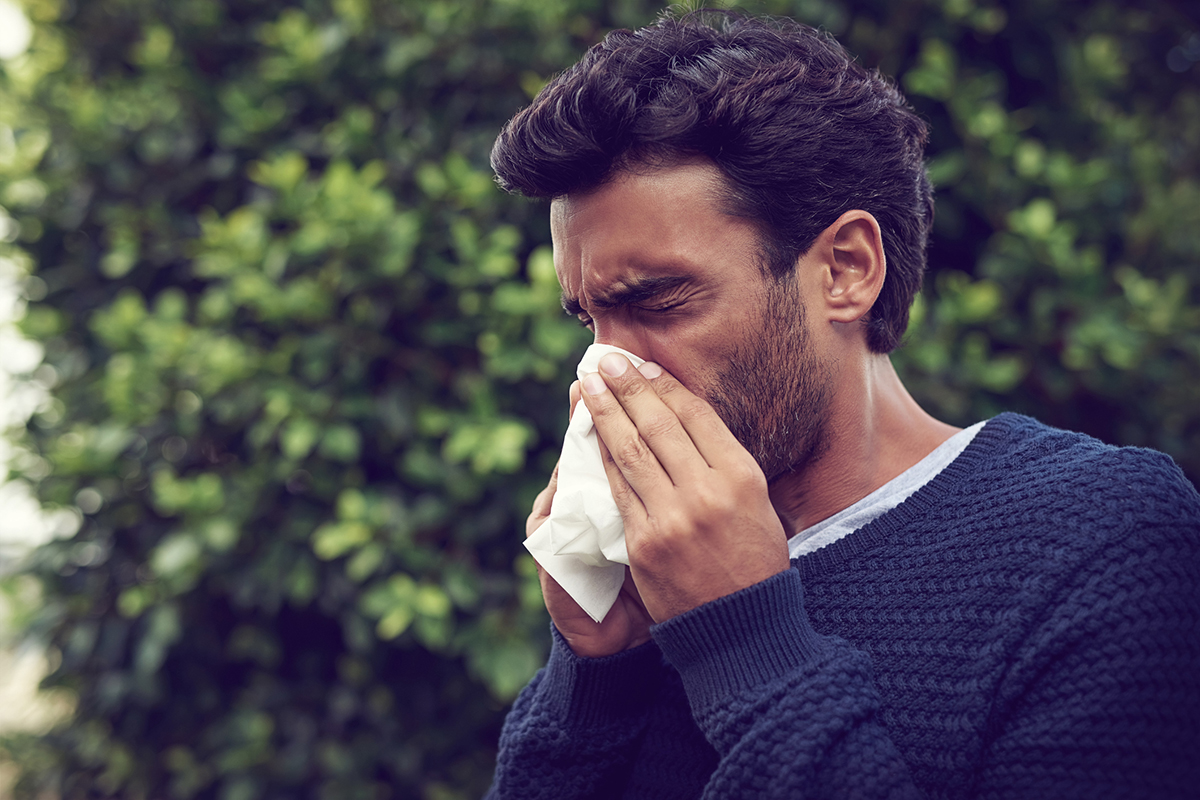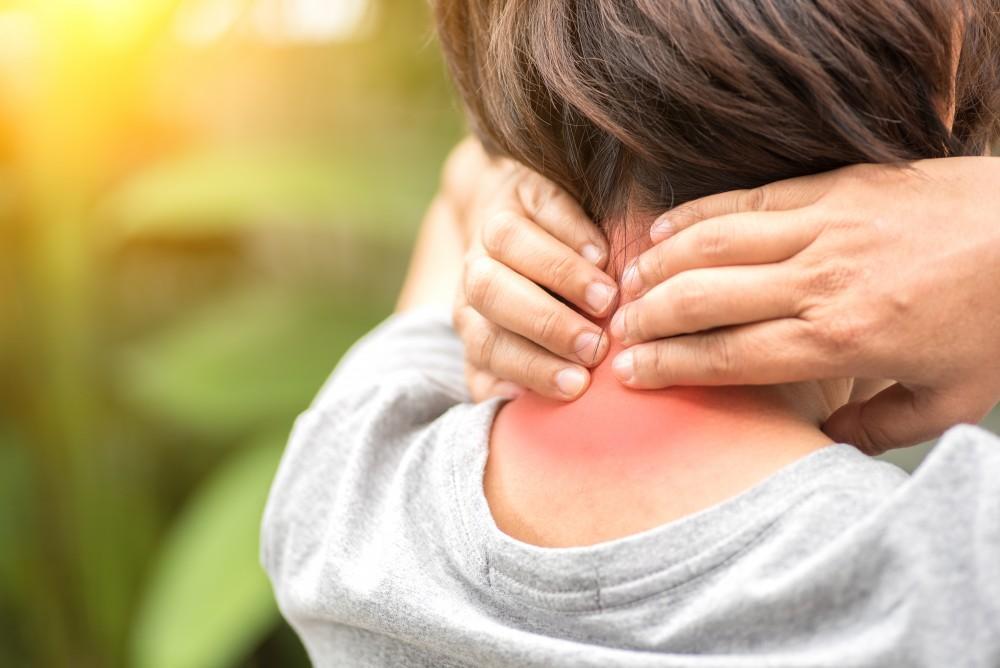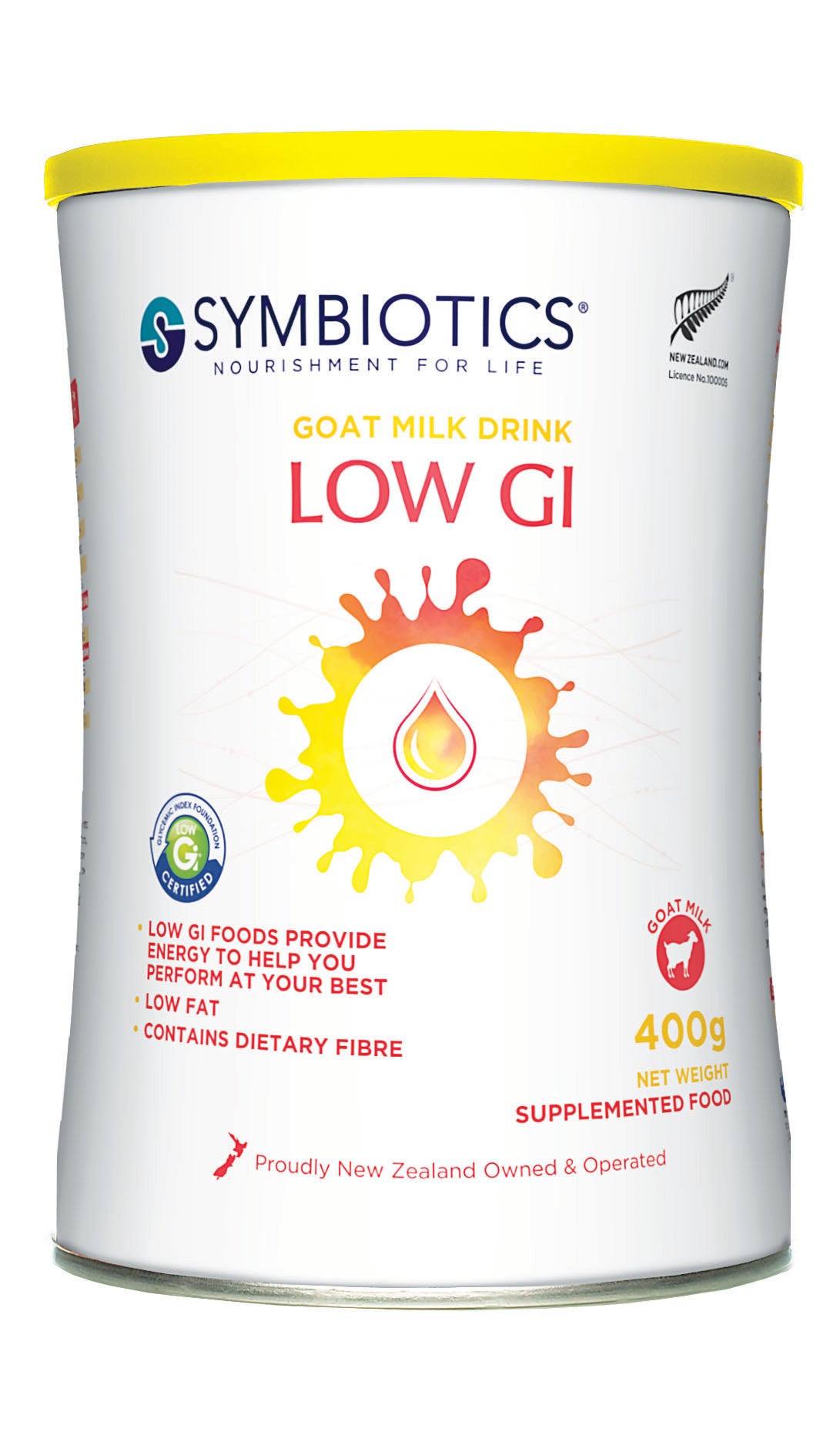
Introduction
Do you suffer from allergy fatigue? Are you tired of being sick every year?
There are many treatments available for allergies, including over-the-counter medications, prescription drugs, and even alternative remedies. But most of these treatments only work temporarily. They may help reduce symptoms, but they won’t cure you.
If you’ve tried everything else, then maybe it’s time to try something new. In this article, I’ll go over the top treatment options for allergy fatigue and explain why each option works. Then I’ll tell you how to choose the best treatment for you.
What is an Allergy?
Allergies are a common problem that affects millions of people in the United States alone. Many people have seasonal allergies, which occur when your immune system reacts to certain allergens (e.g., pollen or dust mites) during specific seasons. Other people experience chronic allergies, which can last all year long.
Chronic allergies cause inflammation throughout your body, which leads to an array of symptoms. These include sneezing, coughing, watery eyes, runny nose, sinus pressure, headaches, and more.
Some people also develop food allergies, which involve their immune system reacting to foods like milk, eggs, peanuts, shellfish, etc. Food allergies can be just as serious as seasonal allergies because they affect your entire body.
Allergic reactions can happen anywhere in your body, so if you’re suffering from any of these symptoms, you might have an allergic reaction.
How Do Allergies Cause Fatigue?
When you get a cold or flu, your immune system goes into high gear. It fights off viruses and bacteria by producing antibodies and other chemicals. This process causes your body to become inflamed and produce mucus. The result is a stuffy head, sore throat, cough, fever, and general feeling of illness.
But when your immune system is constantly fighting off infections, it doesn’t always have enough energy left over to fight off other things. That’s where allergies come in. When your immune system is busy trying to deal with one thing, it has less energy to protect against another infection.
This means that when you have allergies, your immune system produces too much mucous and not enough antibodies. As a result, your body becomes inflamed and weak. You feel fatigued, and you may even start developing some health problems.
The good news is that there are ways to treat allergies without having to take medication. Some of them will make you feel better right away, while others will take longer to kick in.
Top Treatments for Allergy Fatigue
1. Over-the-Counter Medications
Over-the-counter (OTC) medications are designed to relieve symptoms caused by allergies. OTCs don’t contain any active ingredients; instead, they contain natural substances that help ease your symptoms.
There are two types of OTCs: antihistamines and decongestants. Both types work by blocking histamine receptors on cells in your nasal passages. Histamine is a chemical produced by your body that triggers itching, swelling, and congestion.
Antihistamines block histamine receptors, preventing your body from releasing histamine. Decongestants relax blood vessels in your nose, making it easier for mucous to drain out.
2. Natural Remedies
Natural remedies aren’t meant to replace conventional medicine. They’re simply treatment options that can complement your doctor’s recommendations.
There are many different natural remedies available today. Here are some of the most popular ones:
- Echinacea
Echinacea is a plant native to North America. It contains powerful compounds called polysaccharides, which boost immunity and improve overall health.
Studies show that echinacea helps reduce the severity of colds and flu. If you suffer from allergies, taking echinacea regularly can prevent you from getting sick.
- Vitamin C
Vitamin C is essential for building strong bones and teeth. But it also plays a role in boosting your immune system.
Studies suggest that vitamin C can help reduce the duration of colds and flues. Plus, it can help clear up sinuses and stop coughing.
3. Herbal Supplements
Herbs are plants that contain nutrients and medicinal properties. Many herbs have been used throughout history to promote healing and wellness. Today, herbal supplements are becoming more popular than ever before.
A number of studies have shown that certain herbs can help alleviate allergy symptoms. One study found that people who took an extract of catnip were able to breathe through their noses again after suffering from hay fever.
Another study showed that taking a combination of sage, peppermint, and eucalyptus helped people recover faster from colds.
4. Essential Oils
Essential oils are concentrated extracts made from flowers, leaves, stems, roots, or bark. These oils contain volatile chemicals that give plants their scent.
Essential oils are often used as aromatherapy products because they smell great and can be applied topically to soothe sore muscles, ease stress, and calm anxiety.
A few essential oils are known to have antibacterial and antiviral properties. This makes them useful for treating colds and flu.
5. Probiotics
Probiotics are live microorganisms that aid digestion and support healthy gut flora. When taken orally, probiotics can help treat diarrhea, constipation, and other digestive issues.
Some research suggests that probiotics may help reduce allergic reactions. In one study, researchers gave children with asthma either a placebo or a supplement containing Lactobacillus rhamnosus GG. The kids who received the probiotic had fewer episodes of wheezing and breathing difficulties.
6. Homeopathic Remedies
Homeopathy uses dilutions of highly diluted substances to create medicines. Each substance has its own unique molecular structure.
When homeopathic remedies are ingested, these molecules stimulate the body’s innate ability to heal itself.
Many people use homeopathic remedies to relieve allergy symptoms such as runny nose, sneezing, watery eyes, and congestion.
7. Acupuncture
Acupuncture involves inserting thin needles into specific points on the body. Some believe this practice promotes energy flow within the body. Others think acupuncture stimulates the nervous system and improves blood circulation.
Research shows that acupuncture can help reduce the frequency and intensity of seasonal allergies. A 2009 study published in the Journal of Alternative and Complementary Medicine found that acupuncture was effective at relieving nasal congestion.

8. Mind-Body Techniques
Mind-body techniques include meditation, yoga, tai chi, qi gong, and others. Studies show that these practices can improve overall health and well-being.
Mind-body techniques can also help you manage your allergies. Yoga is thought to increase flexibility, which helps prevent sinus infections. Tai chi is believed to strengthen the immune system and balance emotions.
9. Herbal Supplements
Herbal supplements are plant-based foods that contain vitamins, minerals, antioxidants, amino acids, fatty acids, and other compounds. They’re usually sold in pill form.
Studies suggest that some herbal supplements can help reduce the severity of seasonal allergies. A 2007 study published in the journal Clinical Immunology found that taking vitamin C reduced the amount of histamine released by mast cells during an allergic reaction.
10. Nutritional Supplements
Nutritional supplements are not food, but they do provide nutrients that our bodies need. Many nutritional supplements are marketed specifically for allergy relief.
For example, zinc is important for fighting off viruses and bacteria. Vitamin D is needed for strong bones and teeth. And magnesium supports nerve function.
Nutritionists recommend that you take a daily multivitamin if you don’t already eat a balanced diet. You should also consider adding a multivitamin /mineral supplement to your routine.
11. Essential Oils
Essential oils are volatile liquids extracted from plants. They come in many different scents and flavors.
They can be inhaled directly through the nose or added to a carrier oil like coconut oil.
12. Exercise
Exercise boosts immunity and reduces stress. It may also boost your mood and help you sleep better.
A 2010 review published in the journal Sports Health suggests that exercise can help alleviate allergy symptoms. The researchers concluded that aerobic activity could reduce the risk of asthma attacks.
13. Meditation
Meditation is a mind-body technique that focuses attention on one thing (like breathing) while ignoring distractions.
It’s been used for thousands of years to promote relaxation and emotional stability. Recent research shows that it can also improve physical health.
14. Massage Therapy
Massage therapy involves using hands, fingers, elbows, knees, feet, or other parts of the body to rub muscles, tendons, ligaments, and fascia.
Some studies have shown that massage therapy can relieve pain and stiffness associated with arthritis. Other studies have suggested that massage therapy can ease muscle tension and relax sore muscles.
These are just some of the treatments you can try. It is important though to always think of prevention by avoiding exposure to allergens.







